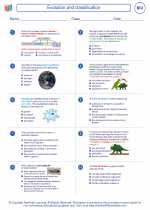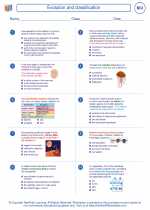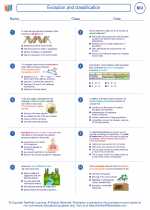Pleistocene
The Pleistocene is a geological epoch that lasted from about 2.6 million to 11,700 years ago. It is often referred to as the "Ice Age" due to the repeated glaciations that occurred during this time period.
Climate
The Pleistocene was characterized by fluctuating climate patterns, with several glacial and interglacial periods. During the glacial periods, large ice sheets covered much of the northern hemisphere, causing a drop in sea levels and impacting global weather patterns.
Flora and Fauna
The Pleistocene had a significant impact on the evolution and distribution of plant and animal species. Many large mammals, such as mammoths, mastodons, and sabre-toothed cats, roamed the Earth during this time. Human species, including Homo erectus and Homo sapiens, also appeared and evolved during the Pleistocene.
Impact on Human Evolution
The Pleistocene played a crucial role in the evolution of early humans. It was during this epoch that humans developed tools, language, and the ability to adapt to various environments. The challenges posed by the changing climate and the presence of other large predators likely influenced human behavior and social structures.
Study Guide
- What was the duration of the Pleistocene epoch?
- Describe the climate patterns during the Pleistocene.
- How did the Pleistocene impact the evolution of flora and fauna?
- Discuss the significance of the Pleistocene in human evolution.
◂Biology Worksheets and Study Guides High School. Evolution and classification

 Worksheet/Answer key
Worksheet/Answer key
 Worksheet/Answer key
Worksheet/Answer key
